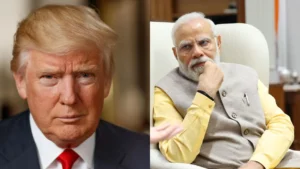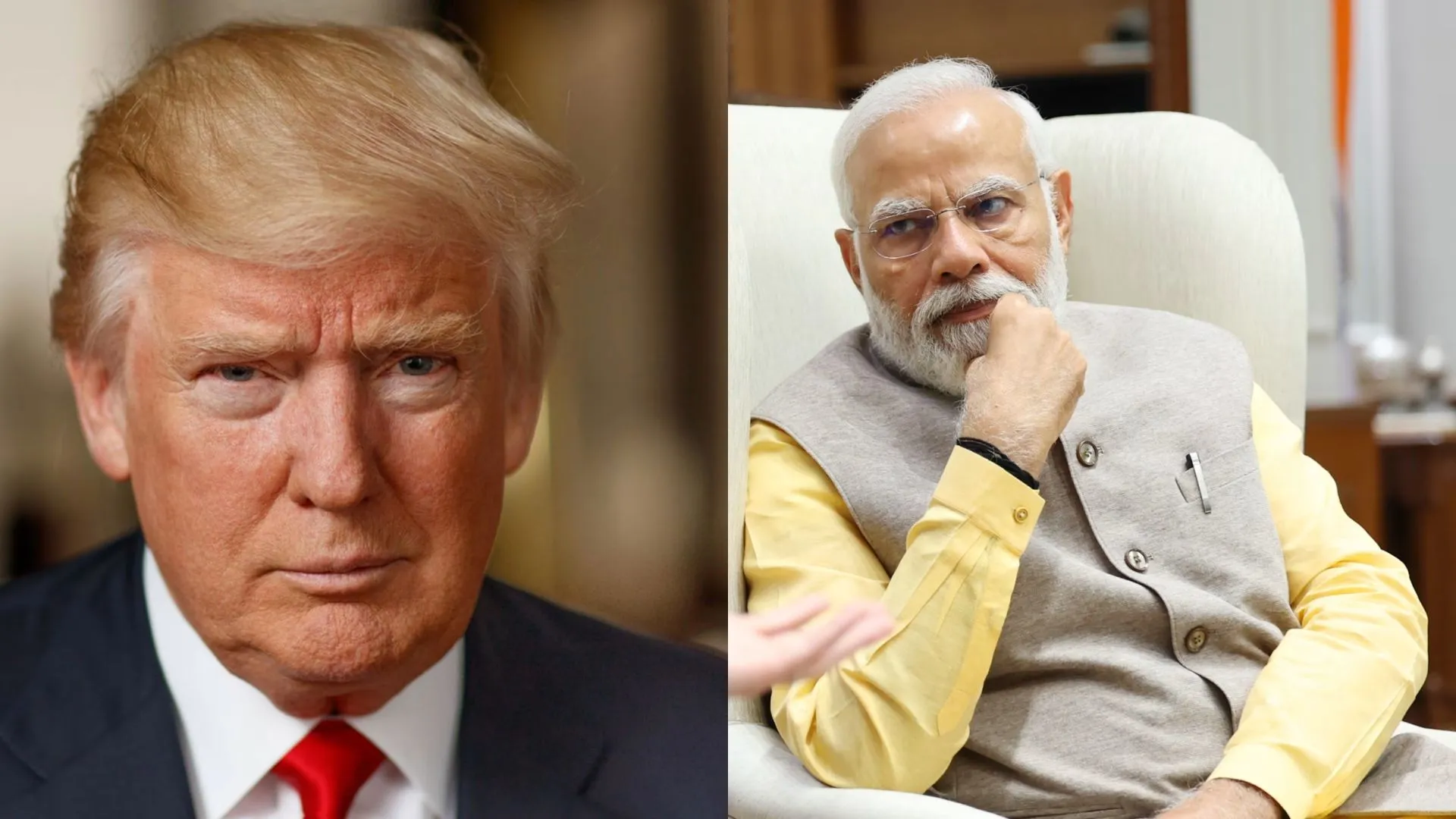The Seoul judiciary has escalated the legal proceedings against former South Korean President Yoon Suk Yeol, approving a detention warrant following his impeachment for attempting to impose martial law.
This unprecedented development signifies the first instance of a sitting South Korean president confronting arrest.
The Seoul Western District Court authorized the Corruption Investigation Office for High-ranking Officials (CIO) to issue the warrant, further intensifying the judicial scrutiny surrounding Yoon. His impeachment by the National Assembly on December 3 stemmed from efforts to enforce martial law, which prompted significant political and public backlash.
Concurrently, the court sanctioned a search warrant targeting Yoon’s presidential residence in Yongsan, Seoul, reflecting the comprehensive scope of the ongoing inquiry. The detention warrant was necessitated by Yoon’s repeated noncompliance with three official summonses for interrogation concerning the martial law initiative.
The CIO’s procedural next steps involve executing the warrant imminently, following which the agency will have a 48-hour window to determine whether to pursue an arrest warrant for extended detention or to release Yoon. Notably, detention warrants in South Korea are typically valid for a duration of seven days.
In its deliberations, the court dismissed Yoon’s assertion that the CIO lacks jurisdiction over cases involving insurrection, affirming the legal validity of the warrant request. Furthermore, Yoon’s contention that inadequate security arrangements precluded his attendance at questioning sessions was similarly rejected.
The Presidential Security Service has announced its intent to comply with procedural requirements following the issuance of the warrant. While Yoon, as the incumbent president, was shielded from most criminal prosecutions by immunity provisions, South Korean legal statutes explicitly exclude insurrection and treason charges from such protections.
Case History
Earlier, on December 14, the National Assembly conducted a decisive vote to impeach Yoon, citing his efforts to enforce martial law. The unicameral body’s vote concluded with a 204-to-85 majority favoring impeachment, accompanied by three abstentions and eight invalid votes. Conducted through a secret ballot, the proceedings required a two-thirds majority for passage, with full participation from all 300 assembly members.
Subsequent to his impeachment, Yoon was immediately suspended from his presidential duties. The legal proceedings now underway underscore the profound ramifications of these events, both in terms of their political implications and the precedent they set for executive accountability in South Korea.
Read More: Global Population To Hit 8.09 Billion on New Year’s Day With India At The Top: US Census























